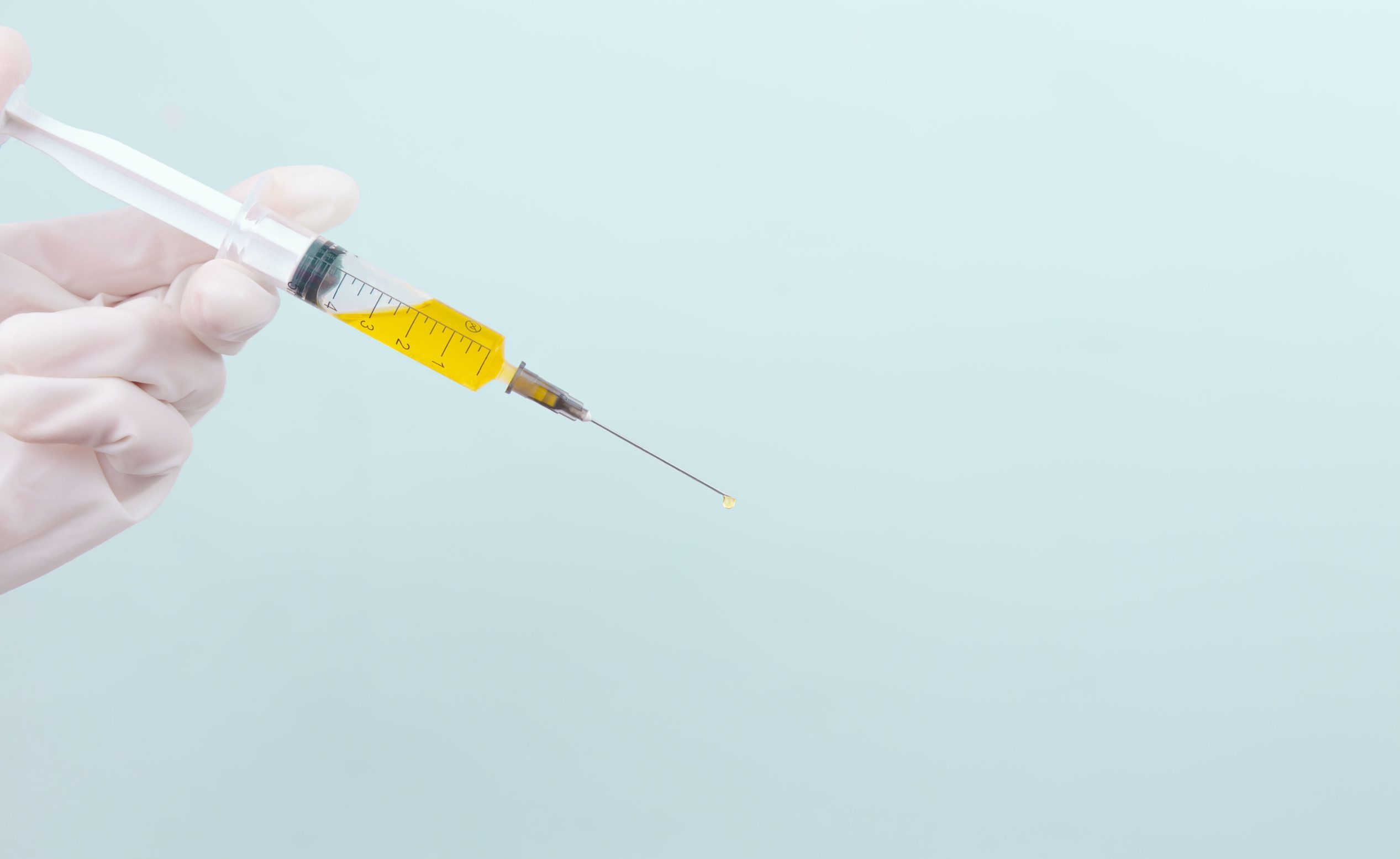As of the writing of this piece, the United States leads the world with the most confirmed cases of COVID-19, almost 32 million people. At the other end of the spectrum, the US is one of the most vaccinated countries in the world, with 86.2 million people fully vaccinated. Part of the reason that the US can have such a large number of vaccinated people despite its daily growing confirmed cases is because of vaccine hoarding.
On March 10, President Biden announced that he ordered an extra 100 million doses of COVID-19 vaccines from Johnson & Johnson (even though that particular vaccine is on pause now). With these new added doses, there are now enough vaccines to vaccinate 750 million people— 3 times the US’ current population. This is pure greed; there is no need to buy more vaccines when they can be distributed to other parts of the world. The US is not alone in this greed. Despite some vaccine-sharing initiatives, we are increasingly seeing vaccine polarization in the world. Rich countries hoard vaccines and leave none or very little available for developing countries. It creates a divide and inequality between those who are vaccinated and those who are not, which could prolong this pandemic in the long run. And as travel resumes, the divide threatens to create an uncomfortable dynamic whereby unvaccinated locals cater to vaccinated American tourists.
The US’ vaccine hoarding is foremost a selfish behavior, but also an untimely act because of ever-evolving variants still widely spread across the globe. For example, the most infectious B.1.1.7 variant was first discovered in the United Kingdom and has spread the most — responsible for 27% of all cases. There is also an infectious variant, found in Brazil and South Africa, branching out in the US. And most recently, there is a growing concern and fear of a potential new variant, originating from India, which the United Kingdom started investigating. The most popular vaccine choices in the US are Pfizer and Moderna. Their efficacy rates against COVID-19 are 95.3% and 94.1% respectively. It is still possible that a new variant could appear that would call for the current vaccines to change their properties. Even the World Health Organization (WHO) emphasized the importance and necessity of continuing vaccination despite variants.
It seems that the US sees itself in a bubble, thinking that hoarding more vaccines and vaccinating only its population will be enough to protect it against COVID-19. That bubble needs to burst immediately.
The irony is that even though people in the US still continue to behave irresponsibly, they continue to be rewarded with vaccines. I look out of my window in the US and I still see so many people without their masks, and/or covering only their mouths, exposing their noses. We have been living with COVID-19 for over a year at this point, but some still do not seem to take it seriously. This stands in stark contrast to some countries that have yet to see the sight of vaccines, or countries where citizens have followed strict lockdown measures only to see their country lag in vaccinations.
It seems that the US sees itself in a bubble, thinking that hoarding more vaccines and vaccinating only its population will be enough to protect it against COVID-19. That bubble needs to burst immediately. The US has to face the harsh reality that vaccine hoarding is not going to expedite the process of bringing about the normalcy that it so desires. As a result, NGOs are pushing the Biden administration to devise a plan where the US will be able to share vaccines with other developing countries.
Even though vaccines are not panaceas, the world desperately needs them now, more than ever. The US is not the only victim in this fight against COVID-19. The US’ vaccine hoarding is not and should not be the behavior of a nation that is supposed to be a global leader. Unity and selflessness from a developed country such as the US will be necessary to bring an end to this ongoing pandemic. Going forward, the US should cease hoarding vaccines and implement a vaccine-sharing plan with developing countries. It goes without saying that none of us is safe unless everyone in this world is safe from COVID-19.
Young Hyun Lily Joo is a graduate of George Washington University, Elliott School of International Affairs, where she received an MA in International Affairs with a concentration in International Security Studies. Lily worked at the Center for Strategic and International Studies (CSIS) as a Korea Chair Intern, at the Wilson Center as a Research Assistant Intern, and at the American Enterprise Institute (AEI) as a Global Security Intern.





















